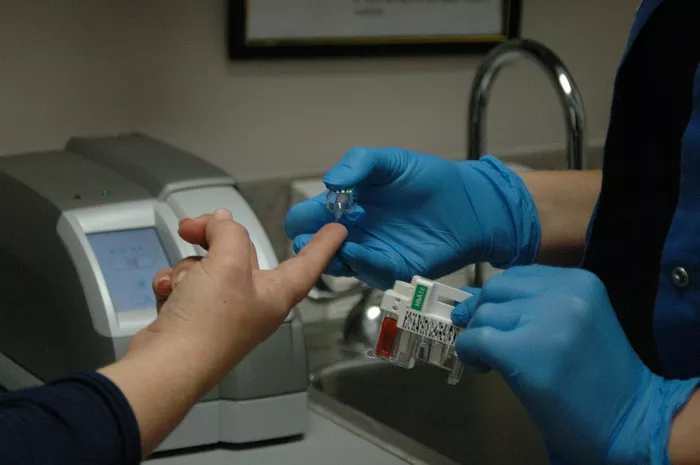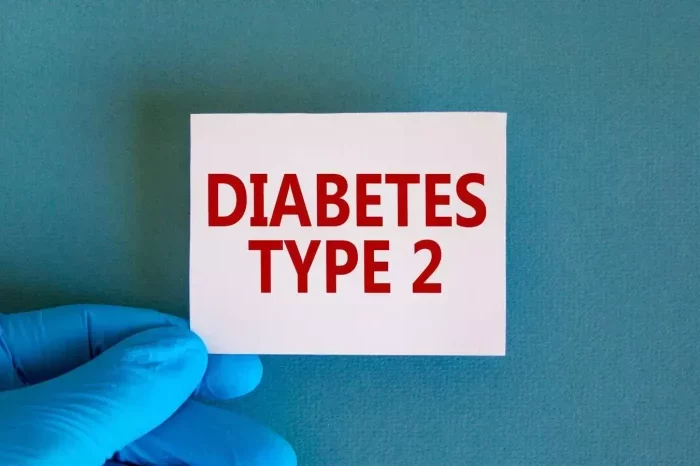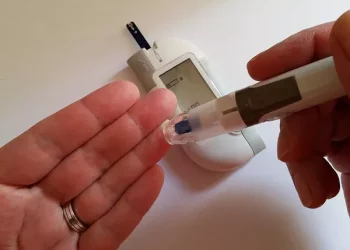Two prominent scientists, one from New York City and the other from Baltimore, have been awarded prestigious Merit Awards from the American Heart Association (AHA). These researchers will each receive $1 million over the next five years to support their groundbreaking work in improving health outcomes related to cardiovascular disease and diabetes. Their work explores critical areas where these two conditions intersect, aiming to improve both diagnosis and treatment.
The 2025 Merit Award Recipients:
Ann Marie Schmidt, M.D.
Affiliation: Dr. Iven Young Professor of Endocrinology, NYU Grossman School of Medicine, New York City.
Research Focus: Dr. Schmidt’s work centers around large white blood cells, part of the immune system, which play a key role in diabetic complications. Her team is investigating a protein molecule called RAGE (receptor for advanced glycation end products), which could potentially be a way to block the harmful actions of these cells, leading to new treatments.
Elizabeth (Liz) Selvin, Ph.D., M.P.H., FAHA
Affiliation: Director of the Welch Center for Prevention, Epidemiology and Clinical Research, Johns Hopkins Bloomberg School of Public Health, Baltimore.
Research Focus: Dr. Selvin’s research focuses on improving cardiovascular health in people with diabetes. Her pioneering work with hemoglobin A1c (HbA1c) testing has revolutionized the diagnosis of diabetes. She will now explore the use of wearable continuous glucose monitors to assess cardiometabolic risks in both type 1 and type 2 diabetes.
The Significance of Their Research:
The AHA Merit Award is one of the most competitive and prestigious research awards, recognizing scientists who are making extraordinary contributions to cardiovascular and cerebrovascular health. As diabetes is a major risk factor for cardiovascular disease, understanding the links between the two is crucial in developing better management strategies.
Dr. Schmidt’s research aims to address the mystery behind the long-term damage caused by diabetes, which often leads to conditions such as strokes, heart attacks, blindness, and kidney failure. Her focus on white blood cells could reveal novel treatment avenues for these complications.
Dr. Selvin’s work on continuous glucose monitoring will help refine strategies to reduce cardiometabolic risks in people with diabetes, potentially saving lives through more personalized care.
A Legacy of Impactful Research:
The AHA has been a leading force in funding cardiovascular and brain health research, having invested more than $5.9 billion in scientific discoveries since 1949. This investment continues to save lives by funding groundbreaking research that leads to new treatments, better patient care, and improved public health.
Both Schmidt and Selvin’s work represents the AHA’s ongoing commitment to advancing research that will improve the quality of life for people living with chronic conditions such as diabetes and cardiovascular disease. Their projects are expected to have a significant impact on both scientific understanding and clinical practices, potentially transforming the way these diseases are managed worldwide.
Related topics:
Diabetes Alert Day Highlights Awareness Gap as 80% of People Unaware of Prediabetes Risks
Rabson-Mendenhall Syndrome Nearly Misdiagnosed as Type 1 Diabetes Mellitus: A Case Report
Study Reveals How Diabetes Affects Memory and Reward Systems in the Brain






















